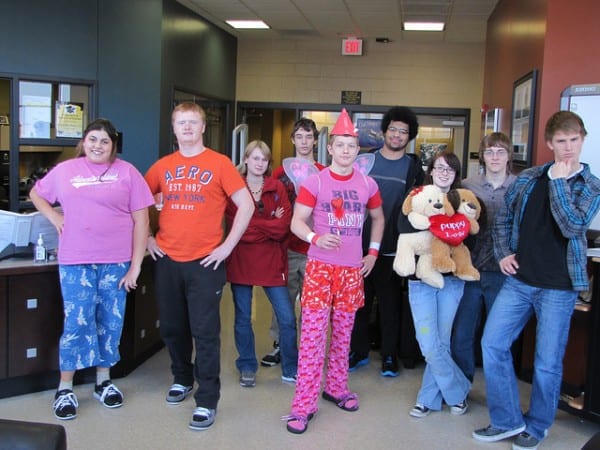
Photo by Carol VanHook – CC BY-NC-SA 2.0
It’s the first week of school, which means that it’s time for my fourth annual back-to-school blog post! This is the perfect time for me to write about school because, for me, back-to-school is the most exciting time of the year, when we as educators get to connect with colleagues and students.
Last year I started to examine happiness to see if I could be better at my job if I made an effort to be happier at work. Am I better at my job now? I actually think so. You can read about my #3happythingsatwork here. I was certainly more conscious of, and grateful for, the many happy moments I have in my job, working with schools from across the province, in collaboration with an amazing gang of LEARNers.
Referring back to last September’s blog post, I wrote that according to Alexander Kjerulf, “…what made people happy at work was related to relationships, results, freedom (self-determination) or a combination of factors.” Students are often told that school is their workplace (particularly when we are explaining why they shouldn’t wear shorts quite that short!), so just like the gainfully employed adults in their school buildings, it just makes send that they too will be more successful if they are happy. When school is a source of happiness, students should be much more likely to attend and succeed.
I decided that when I met LEARN’s new group of online students for training last week, I would ask them this question: What makes you happy at school?
Looking at the answers from our online students, I was not surprised to see that many of them felt happy at school because of their friends – relationships.
- Seeing friends and meeting new people
- My friends and the fact that we are a small school
- Laughing with friends
- Sociability with students
Students also mentioned that feeling successful – results – made them happy at school.
“Getting good grades” came up more than once in their responses.
However, what made ME even happier (although it isn’t really about MY happiness, is it?) was when the students considered the learning or the learning activity, not just the grades, as the source of their happiness. In these answers I saw not only the results of learning but also the freedom of choice, to explore their own interests.
- Reading, learning, experimenting and all manners of study which increase my knowledge.
- I enjoy learning where activities are involved
- When I learn something that is actually useful
- Classes like art or photography
- Math class makes me happy while at school
- Learning new interesting things
- Playing sports
- History
Just when I thought I wouldn’t get the classic answers about happiness at school, I did get these two responses. What makes you happy at school?
- Recess!
- Leaving
By asking students about what makes them happy at school, I also made a connection to a workshop with Dr. Mizuko Ito at the LCEEQ conference last February. During her session, we examined case studies of students and brainstormed how these students’ interests outside of school, and their networks online, could help them connect more fully with school and their own learning.
Why? According to the model of Connected Learning, “Connected learning is realized when a young person is able to pursue a personal interest or passion with the support of friends and caring adults, and is in turn able to link this learning and interest to academic achievement, career success or civic engagement. This model is based on evidence that the most resilient, adaptive, and effective learning involves individual interest as well as social support to overcome adversity and provide recognition.”
If we find out what makes students happy, in and out of school, we are better able to relate to them and, in turn, help them connect to their learning. If students have special skills that can be highlighted and recognized in the classroom, discovering them can allow the teacher to encourage the student and build confidence. In these busy first days of school, take the time to establish the relationships and learn about your students. Find out what they love, what makes them tick, and what makes them happy at school. You will have the foundation on which to build future learning.
How do you learn about your students at the beginning of the year? What activities have helped you to make connections with your students and learn about their personal interests and passions?
More on Connected Learning:
http://dmlhub.net/publications/connected-learning-agenda-research-and-design
Join us for the LEARN-RÉCIT Technology Summit, Connected Learning – Connected Lives
http://blogdev.learnquebec.ca/summit/events/ict-and-learning-summit/

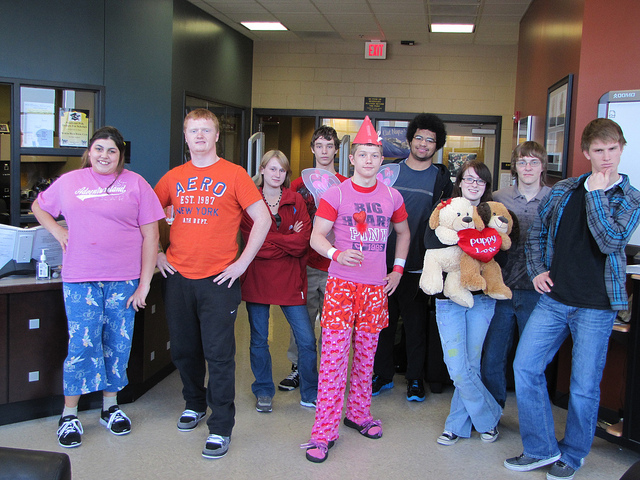
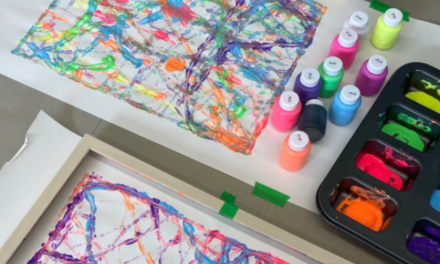

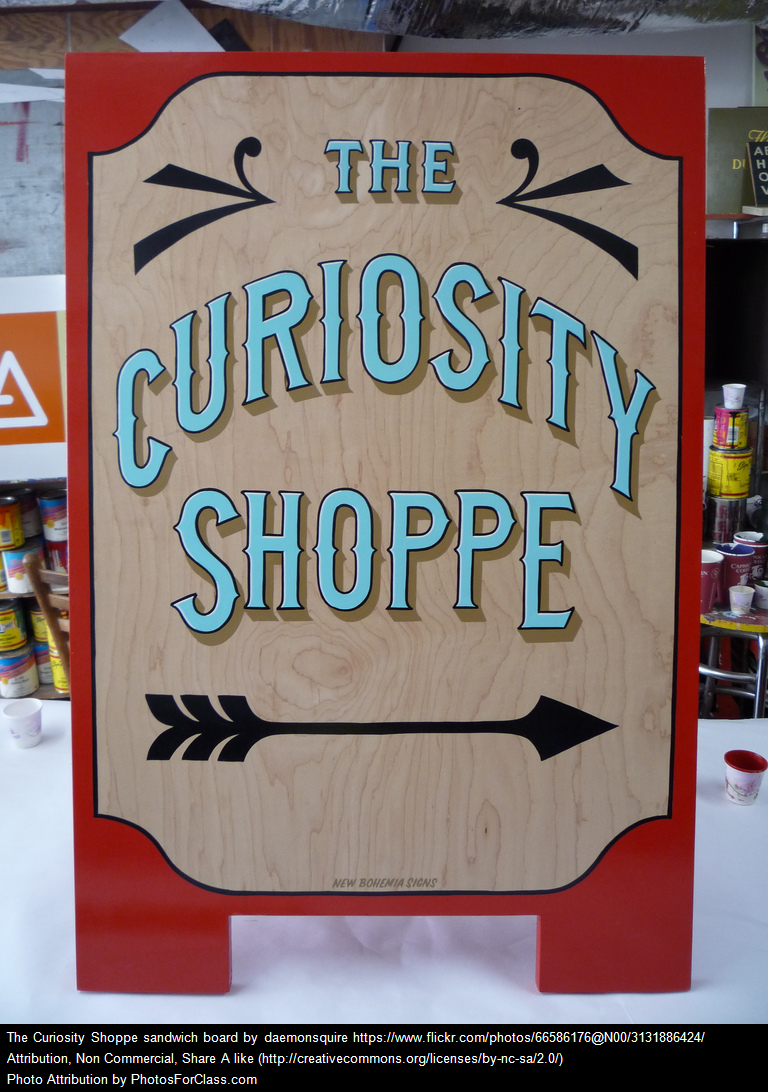
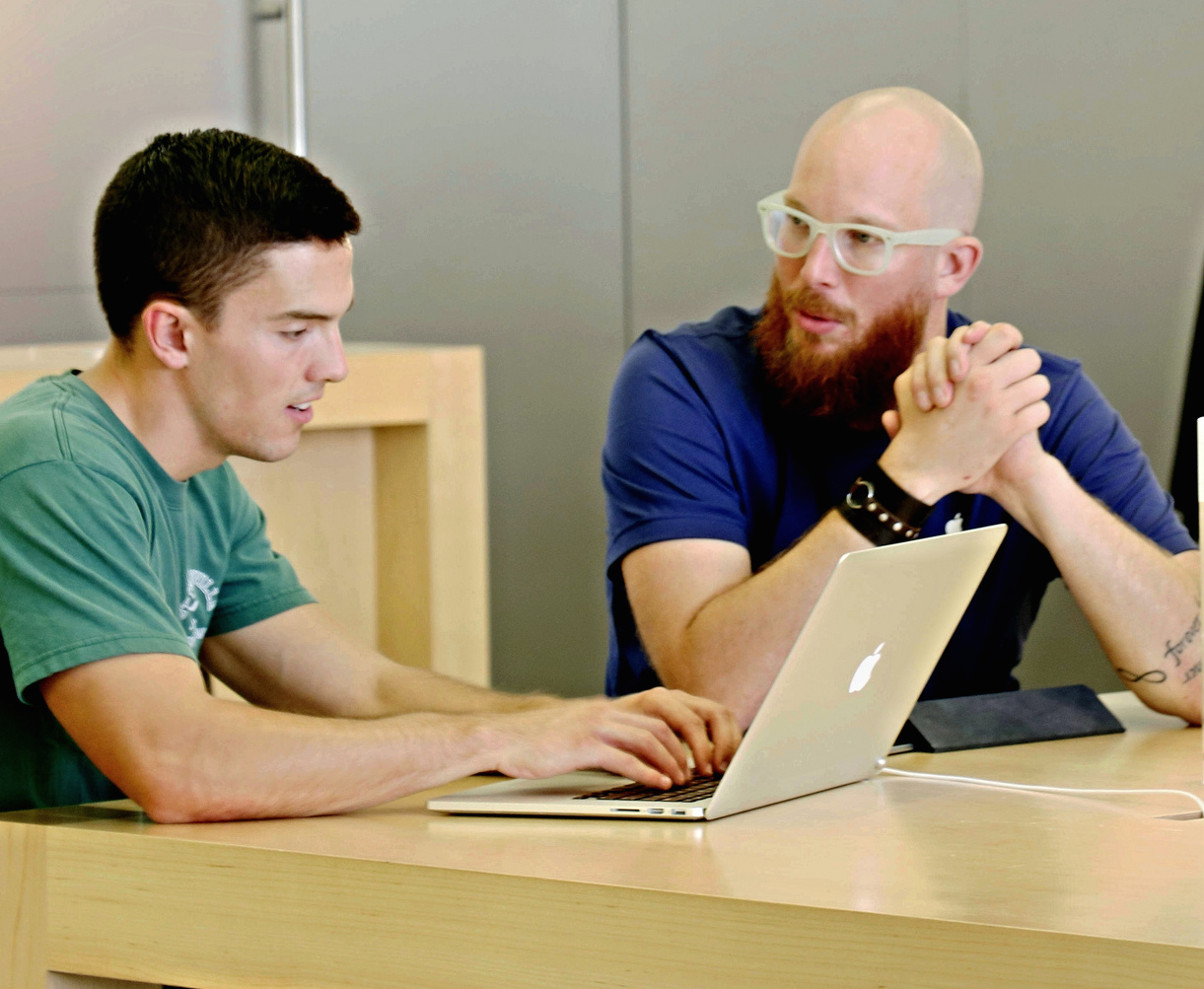
I developed a teachers guide that links sustainable happiness with health education outcomes for every province. It’s full of lessons plans! There’s also an international version. The guides are available (free) at: http://sustainablehappiness.ca/teachers/